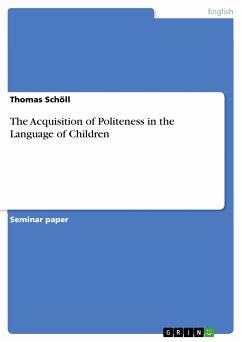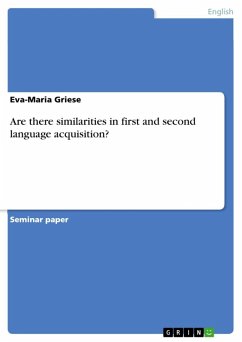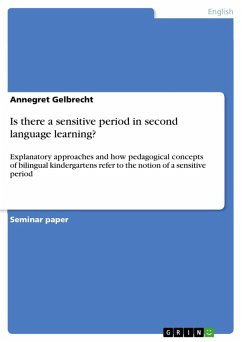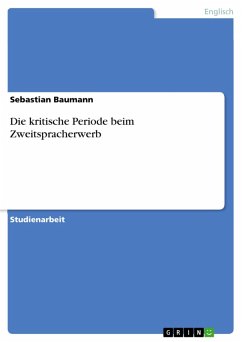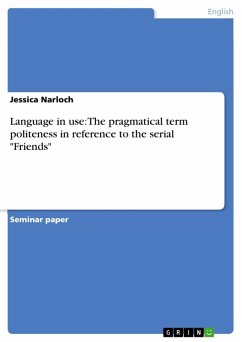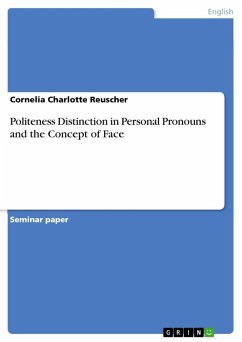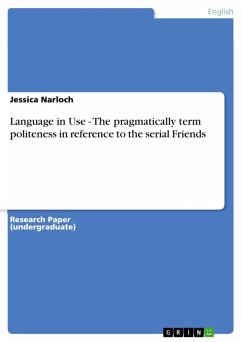Introduction: Politeness as a General Concept According to Brown and Levinson (1978) politeness is a complex system for all human puplic and social interaction with the conventional politeness forms such as requests (e.g.: May I please use your phone?), excuses (e.g.: I'm very sorry for being late!), greetings (e.g.: Good evening, my dear Mister Jones.), orders (e.g.: Could you please be so kind as to give me the sugar?), claims (e.g.: Excuse me, this is my seat.), offers (e.g.: Would you like to have a cup of coffee?), 'please' and of course 'thank you'. In 1973, Robin Lakoff pointed out that the system of politeness follows two major rules: 1. Be clear. 2. Be polite. The first rule includes Grice's postulates accounting efficiency, economy and informativeness: a) Quantity: Be as informative as required. Be no more informative than required. b) Quality: Say only what you believe to be true. c) Relevance: Be relevant. d) Manner: Be perspicuous. Don't be ambiguous. Don't be obscure. Be succint. [...]
Dieser Download kann aus rechtlichen Gründen nur mit Rechnungsadresse in A, B, BG, CY, CZ, D, DK, EW, E, FIN, F, GR, HR, H, IRL, I, LT, L, LR, M, NL, PL, P, R, S, SLO, SK ausgeliefert werden.

